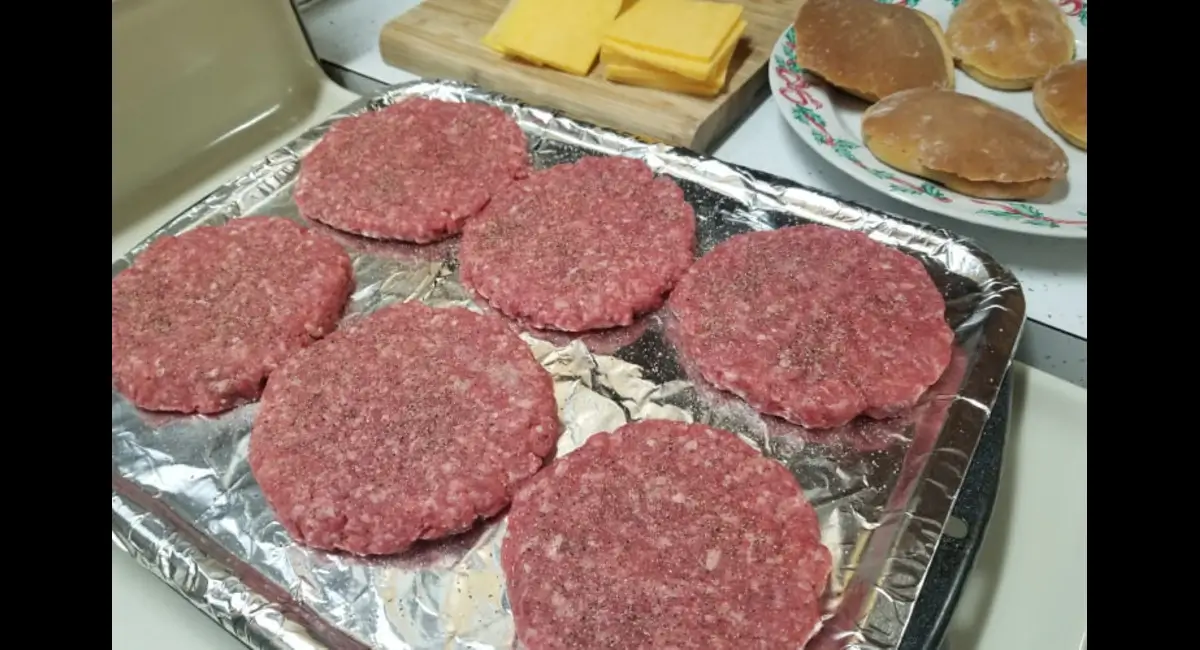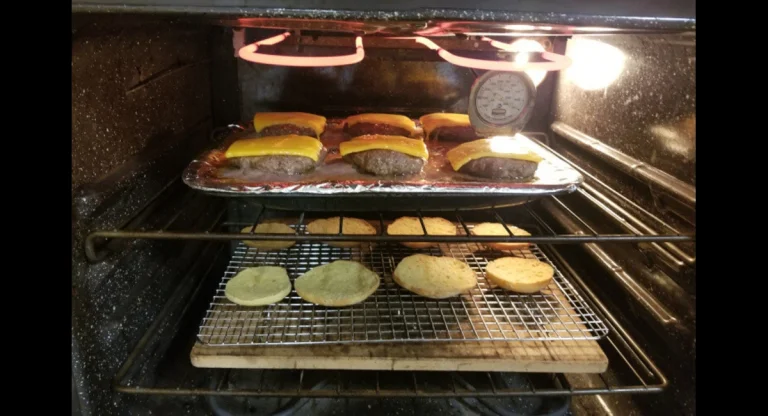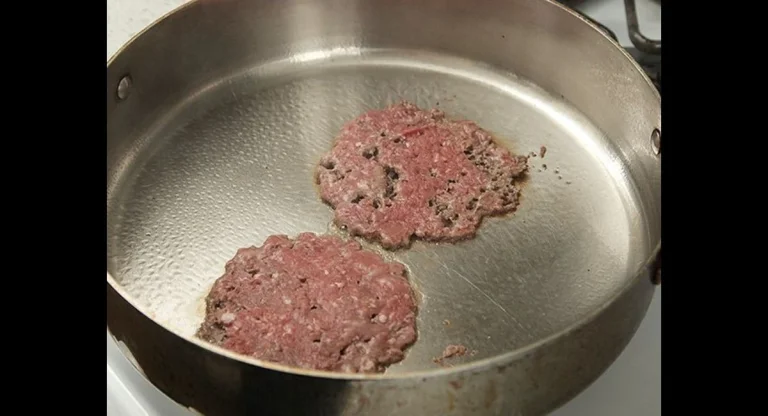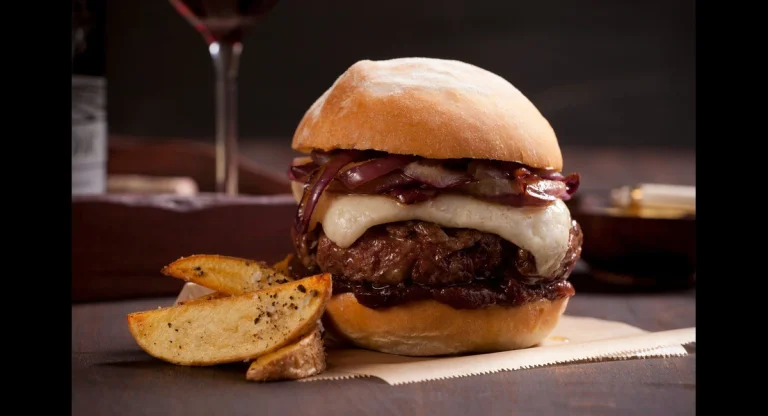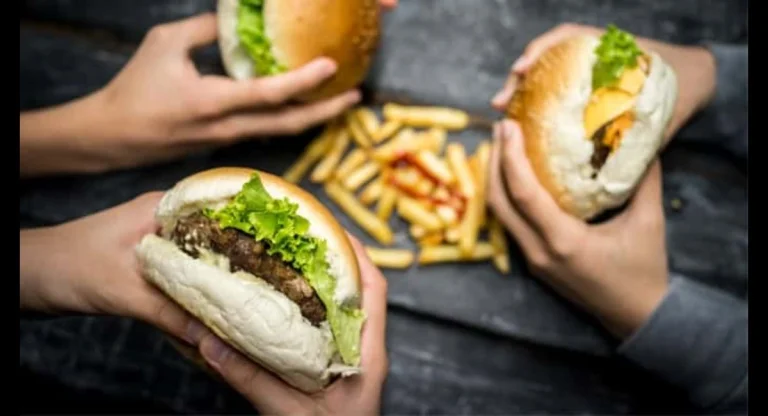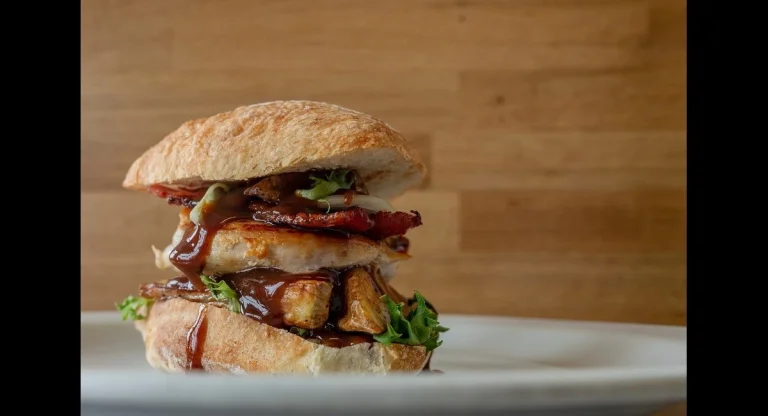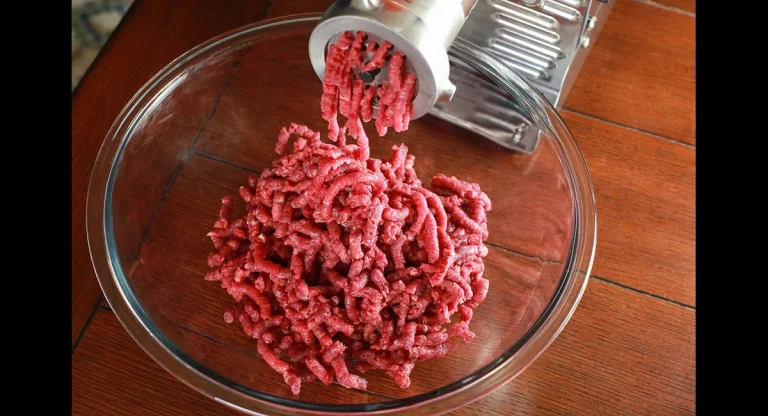Why Does My Burger Patty Shrink?
Burger patties shrinking while cooking is a common issue that many grill enthusiasts face. While a burger party promises fun, nothing ruins the aesthetics of a perfect burger more than patties that have shrunken too much, leaving buns with less meat. The shrinking happens due to the evaporation of water from the meat, a natural process that happens when heat is applied. In this article, we will cover why burger patties shrink, factors affecting shrinkage, and provide actionable steps to minimize shrinkage when making your next batch of delicious burgers.
Understanding Burger Patty Shrinkage
When meat is cooked, proteins tighten and release moisture as water evaporates, causing the burger patty to shrink. Fat and water content in the meat are key contributors to this process. Different types of ground beef and cooking methods affect how much a patty will shrink. While shrinkage is unavoidable, it can be reduced by using the right techniques.
Before we dive into the solutions, here’s an overview of factors that cause burger patties to shrink:
| Causes of Shrinkage | Explanation |
|---|---|
| Water evaporation | Meat contains water, which evaporates during cooking, causing the patty to shrink. |
| Fat content | Patties with higher fat content shrink more as fat melts during cooking. |
| Over-handling the meat | Handling meat too much damages its fibers, leading to more water loss. |
| Cooking temperature | Higher heat causes quicker evaporation, resulting in more shrinkage. |
| Patty thickness | Thicker patties retain more moisture than thinner ones, shrinking less. |
How to Keep Your Burger Patties From Shrinking: 6 Proven Methods
Do Not Over-Handle the Meat Over-handling ground meat can break down its fibers, making it release more moisture when cooked. To avoid this, handle the meat gently and only knead it when absolutely necessary. Less handling results in less shrinkage.
Avoid Tightly Compressing the Patties Compressing the patties too tightly encourages water loss by pressing the moisture out of the meat. Shape the patties with light pressure, allowing them to retain more water and reduce shrinkage.
Create a Dimple in the Patty Make a small dimple (about ¼ inch deep) in the center of each patty before cooking. This helps the burger cook evenly, reduces puffing in the middle, and minimizes shrinkage.
Use Ground Meat With Higher Fat Content Lean ground meat shrinks less, but burgers with some fat content taste better. An 80/20 mix (80% lean meat, 20% fat) is ideal for balancing flavor and shrinkage. Patties made with less fat can dry out and become tough.
Chill the Patties Before Cooking Chilling the patties before grilling allows them to firm up, which helps retain moisture during cooking. This slows down the evaporation process and reduces the overall shrinkage.
Cook at Medium to Medium-High Heat Cooking the patties over high heat causes more rapid water loss, increasing shrinkage. Opt for medium to medium-high heat to cook the patties evenly without losing too much moisture.
Cooking Techniques to Reduce Burger Patty Shrinkage
| Method | Effect on Shrinkage |
|---|---|
| Minimal Handling | Reduces moisture loss by keeping meat fibers intact. |
| Avoid Tight Compression | Prevents excess water loss by keeping more moisture within the patty. |
| Dimple in Patty | Reduces puffing, ensures even cooking, and helps maintain patty size. |
| Use 80/20 Ground Beef | Fat adds flavor and moisture, reducing the need for higher heat, which causes shrinkage. |
| Chill the Patties | Keeps moisture in the patty longer during cooking, reducing shrinkage. |
| Cook at Medium Heat | Slows down water evaporation, ensuring more even cooking and less shrinkage. |
Shrinkage Based on Patty Thickness
| Patty Thickness | Shrinkage |
|---|---|
| Thin (¼-inch) | Up to 35% |
| Medium (½-inch) | 20-30% |
| Thick (¾-inch) | 15-25% |
By following these tips, you can minimize shrinkage, ensuring your burger patties stay juicy and fit perfectly inside the buns. Whether you’re grilling at home or preparing burgers for a party, these methods will help you serve burgers that are both aesthetically pleasing and delicious.
Additional Tips to Prevent Burger Shrinkage
- Add a Bit of Ice Water: Mix a tablespoon or two of cold water into the ground beef before shaping patties. This helps retain moisture during cooking.
- Avoid Pressing Down: Refrain from pressing down on the patties while cooking, as this forces moisture out and leads to further shrinkage.
- Cook With Lid Closed: When grilling, closing the lid helps maintain a consistent temperature and moisture, preventing too much water loss.
Frequently Asked Questions (FAQs)
- Why does my burger patty shrink so much? Patties shrink due to water evaporation during cooking. The proteins in the meat contract as they heat up, expelling water and causing shrinkage. The amount of shrinkage depends on factors like fat content, cooking temperature, and how much the meat is handled.
- What type of meat shrinks the least when cooking burgers? Leaner meats shrink less compared to fattier cuts. However, very lean meat (less than 15% fat) can result in dry and tough patties. A good balance is using ground beef with 15-20% fat, which provides juiciness without excessive shrinkage.
- Does a burger press help prevent shrinkage? While a burger press helps shape the patty uniformly, it does not significantly prevent shrinkage. Instead, follow the other methods like creating a dimple and cooking at moderate heat to reduce shrinkage.
- How can I avoid my patties puffing up in the middle? To avoid patties puffing up, press a small dimple into the center of the patty before cooking. This ensures that the burger cooks evenly without inflating in the middle.
- Should I let my burgers rest after cooking? Yes, letting burgers rest for a few minutes after cooking helps distribute the heat evenly across the patty, ensuring a juicier texture and preventing additional shrinkage as the juices redistribute.
- Does chilling patties really help? Chilling the patties before cooking helps them firm up, which prevents excessive moisture loss during the grilling process, thereby reducing shrinkage.
- Why Does Fat Content Matter in Burger Patties? Fat plays a key role in both flavor and juiciness. The more fat your ground meat has, the less it will shrink because the fat helps lock in moisture. While leaner cuts shrink less, they can also result in drier burgers. Finding the perfect balance, ideally 80/20 (meat-to-fat ratio), ensures that your burgers maintain their size while offering the best texture and taste.
Conclusion
Burger patty shrinkage is a common issue that occurs due to the natural behavior of meat during the cooking process. While a certain amount of shrinkage is inevitable, following the tips mentioned—like avoiding over-handling, using fattier meat, and cooking at the right temperature—can significantly reduce it.
By paying attention to these small details, you can ensure that your patties remain juicy, flavorful, and perfectly sized for your buns. Next time you fire up the grill, keep these techniques in mind to create the perfect burger, every time.

